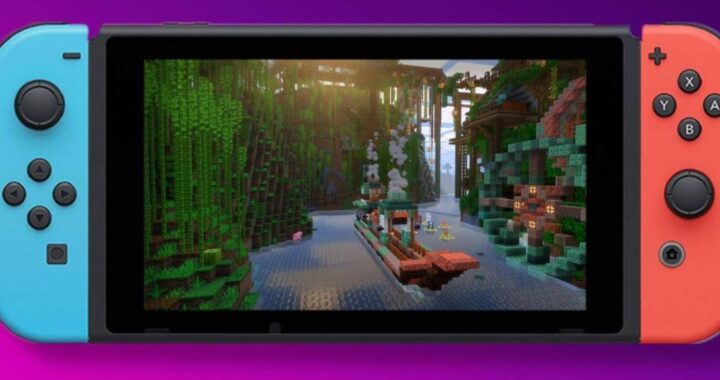Could AI Dominate Poker One Day?

Technology has been used extensively to try and find quirky new avenues into classic games and elevate and revolutionize casino gaming. For the most part, this endeavor has been incredibly successful—it’s opened the doors to the birth of digital casino gaming, the evolution of mobile apps, and its current form, which involves VR (Virtual Reality) and AI implementation.
Casino Gaming & AI – A Growing Intertwine
Although we’re still in the early stages of AI and its impact on our world, the current evidence indicates that it will profoundly impact everything we do. Does this also include casino gaming? Well – it’s a complicated answer. It depends on what casino games we’re discussing. Slot games are unlikely to have any change. While the algorithms that drive the random number generators that validate them could soon be AI-driven, the games themselves will remain primarily within the same construct.
However, other casino games have highlighted that there’s a much broader scope for AI and technology to change how the game operates. Some believe that poker has the biggest potential for change thanks to AI—but could it challenge the whole foundation of the game and become far superior to the top poker pros? Let’s take a look.
Technological Advances In Games Of Skill
Poker is an anomaly to the rest of the gambling industry, as it is the only game in which you can actually use skill and strategy to become more proficient. Despite what some people might say, every other casino game is of complete luck; there’s no strategy you can implement to improve dramatically and put the odds in your favor against other players.

While there’s obviously a generous slice of luck in poker as well, there’s a reason that the top players in the world are ranked and often battle it against each other in the latter stages of the world’s most prestigious poker tournaments. Over the last decade, the World Series of Poker has solidified itself as the premier poker competition in viewing figures, prize pool, and the ranking of the players who get involved.
The players at WSOP 2024 travel from all over the world, and while some of them might sharpen their skills in video poker or other digital forms of the game, it all boils down to their strategy, skill, and ability to stay cool when the pressure is on. With all of these variables, it might sound ridiculous even to suggest that AI can take on and beat some of the top names at the WSOP – but at the pace the technology is developing, is it possible?
Groundbreaking Tech In Other Games
When supercomputer Deep Blue defeated the reigning chess champion, Garry Kasparov, in 1996, it was global news. Many believed we were on the cusp of a total technological revolution in the game and that supercomputers would become the dominant force.
As always, though, people like to exaggerate, and exaggerations, unfortunately, make for better stories than the truth. Yes, Kasparov losing this game was revolutionary, especially in the development of supercomputer technology, but did it mean that people would suddenly want to watch robots playing each other instead of authentic, gripping battles of the human mind, something we can actually relate to?
The answer to that question is no.

While chess players continue to use these computers for training and strategy, they become more of a novelty throughout the early 2000s—which, in our opinion, is likely to be the case with AI and poker. In fact, virtual reality is likely to have more of an impact on poker than the rise of AI bots playing the game, as intriguing as it might initially sound.
AI & Poker – Final Thoughts
Although AI can play poker better than most people, there’s still a disconnect between the authenticity and elements that make the game so captivating for players and those who watch the top pros battle it out.
It will be near-impossible for AI to replicate the drama, mistakes, bluffing, and strategy that can only come with a human game. Even if it could, would people be more interested in robots going through these motions rather than humans battling it out in a high-stakes poker game with millions of dollars at stake?
Some AI models have identified that in a game with multiple moving parts, bluffing, and the uncertainty that comes with knowing what other players have or the difficulty the technology has to be able to read the body language of pros who know what they’re doing, that we’re still a long way off AI becoming sophisticated enough to be pulling up a chair at the WSOP.
Although the speed with which it has developed over the last three years means that nothing can be truly ruled out for certain, we’d say there are too many variables at play for it to be able to develop as a serious challenger, at least in the short term.

 QR Codes and the Technology Driving Smarter Customer Journeys
QR Codes and the Technology Driving Smarter Customer Journeys  If AI Is the New Search Engine, Your Content Needs to Evolve
If AI Is the New Search Engine, Your Content Needs to Evolve  How Much Does Minecraft for Nintendo Switch Cost and What’s Included
How Much Does Minecraft for Nintendo Switch Cost and What’s Included